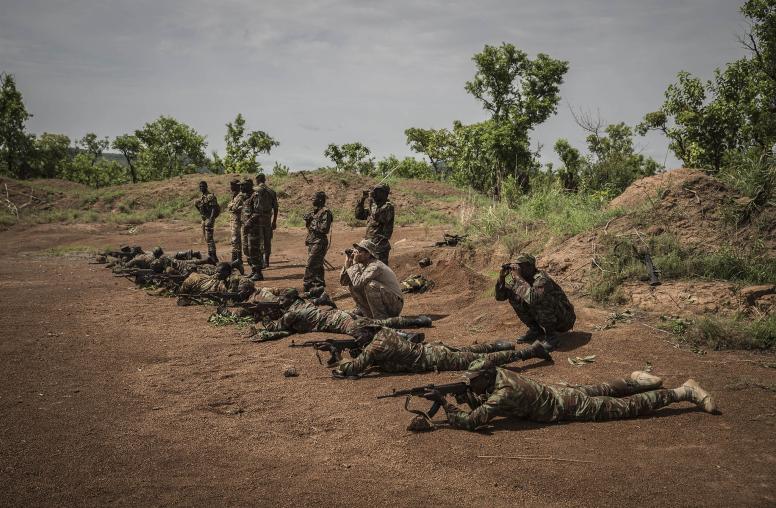An explosion of violent extremism in the Sahel has begun spilling over into Coastal West African states. International efforts to stave off the spread have fallen short, which recently prompted the United States to include five countries in the region — Benin, Côte d’Ivoire, Ghana, Guinea and Togo — in the U.S. Strategy to Prevent Conflict and Promote Stability. USIP’s Andrew Cheatham spoke with Ambassador Terence McCulley about the strategy’s focus on good governance as a means to counter violent extremism, the need for sustained coordination in the strategy’s implementation and the hope that this might spark further international support for peace and stability in Coastal West Africa.



